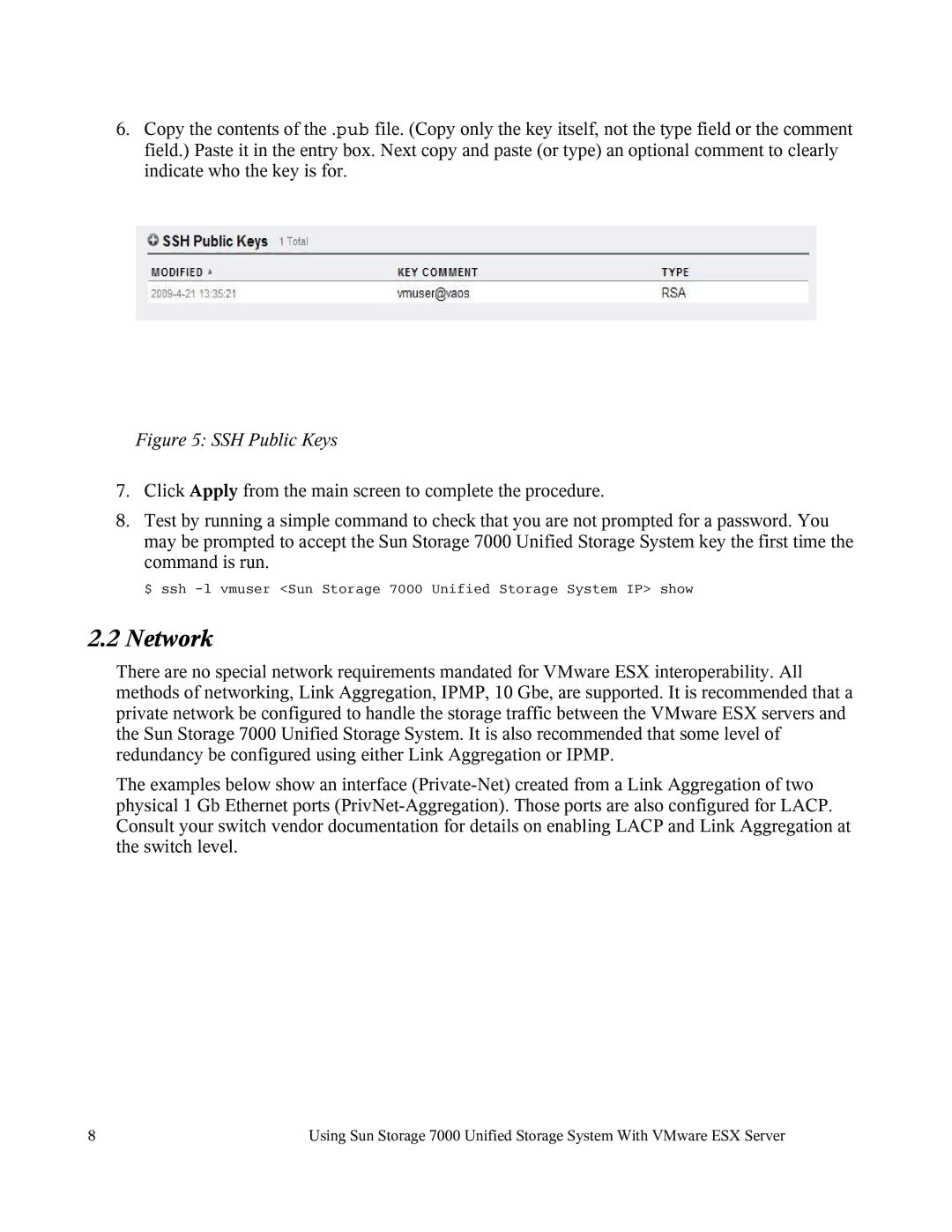7000 specifications
Sun Microsystems 7000 series, introduced in the early 1990s, was a groundbreaking line of workstations and servers that exemplified Sun's commitment to high-performance computing. These systems were particularly known for their versatile architecture and the capability to handle demanding applications in scientific research, engineering, and business environments.One of the defining features of the Sun 7000 series was its use of the SPARC microprocessor architecture, which provided a robust platform for both 32-bit and 64-bit processing. This architecture facilitated exceptional performance, especially in multi-threaded environments. The series was designed to scale efficiently, allowing users to increase processing power by adding additional processors, which was particularly advantageous for enterprises needing to expand their computational capabilities.
The Sun 7000 series also integrated a unique feature known as the "Dynamic Reconfiguration," allowing administrators to reallocate system resources dynamically without downtime. This capability was crucial for maintaining high availability, particularly for mission-critical applications. Coupled with a sophisticated memory management system, it ensured that the operating system could efficiently manage memory usage, further enhancing performance.
Another characteristic of the Sun 7000 series was its support for various operating systems, including Solaris, a Unix-based OS that integrated seamlessly with the hardware. Solaris was renowned for its scalability, security, and advanced networking features, making it an ideal choice for enterprise environments. Support for NFS (Network File System) allowed for easy file sharing across a network, enhancing collaboration among users.
In terms of storage, the Sun 7000 series offered multiple configurations, including the use of SCSI drives, which could be configured in RAID setups for increased data redundancy and performance. This flexibility in storage options made it easier for organizations to tailor their systems to specific needs, whether for high-speed access or data protection.
The SOIP (Sun Open Interface Protocol) API factored into the robust networking capabilities of the series, facilitating integration with other systems and applications. Furthermore, the inclusion of high-speed buses, such as SBus and later the PCI bus, allowed for efficient communication between components, enhancing overall system throughput.
In conclusion, the Sun Microsystems 7000 series represented a significant advancement in computing technology during its time, characterized by its scalability, advanced operating system support, sophisticated resource management, and robust networking capabilities. These features made it a preferred choice for numerous industries, solidifying Sun's reputation as a leader in the computing world.

